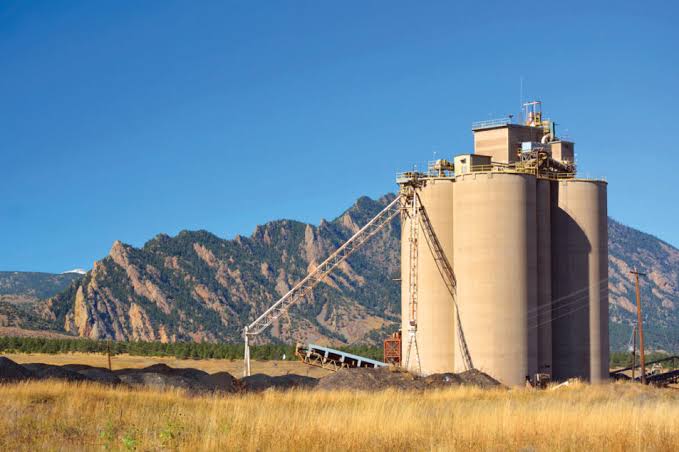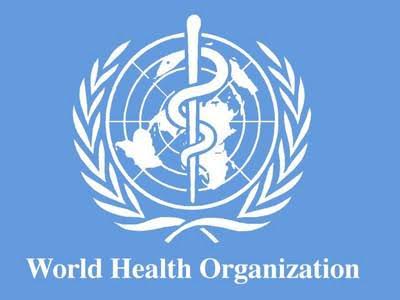Exacerbated by the ongoing Russia/Ukraine War stakeholders are worried over energy security in Africa, as petroleum products infrastructure, especially for storage and distribution, threatens the continent’s growing demand.
While the International Energy Agency (IEA) sees energy security as the “uninterrupted availability of energy sources at an affordable price,” stakeholders at the African Refiners and Distributors Association (ARDA) are worried that most countries in Africa are open to energy insecurity shocks because of the inadequacy of storage and distribution infrastructure.
While the International Energy Agency (IEA)International Energy Agency (IEA) sees energy security as the “uninterrupted availability of energy sources at an affordable price”, stakeholders at the African Refiners and Distributors Association (ARDA) are worried that most countries in Africa are open to energy insecurity shocks because of the inadequacy of storage and distribution infrastructure.
Speaking at an ARDA workshop on Storage and Distribution, Executive Secretary of ARDA, Anibor Kragha, decried port-related challenges even as the continent’s available petroleum products storage infrastructure remained a serious concern.
Kragha saw the need for investment in modern infrastructure as leeway for transitioning into cleaner energy to meet the United Nations (UN) Sustainable Development Goals (SDGs) and mitigate deforestation.
READ MORE: Leadership role in economy to top discussion as foundation plans confab
He raised the need for coordinated storage and distribution strategy, and investments across the continent to support the projected increase in future petroleum products demand across the continent.
Speaking on the ‘Role of Storage and Distribution in ensuring Energy Security in Coastal and Inland Countries’, the Executive Director, CITAC Africa, James McCullagh, said Africa would need reliability, adequate pricing and strong health, safety and environment (HSE) practices.
According to him, the Ukraine crisis comes at a time when a lot of refineries are shut down amidst low stock capacity, creating more worries for Africa.
To him, minimum stock holding requirements would provide a buffer against supply shocks. He noted that this would require a line item in national price structures.
He stressed the need for a regular forward-looking scenario of about five to10 years to guide investment planning and regulatory framework.
VP Crude at Argus, James Gooder, noted that the Ukraine war worsened development in Africa with diesel prices being the worst hit.
Gooder noted that while global oil demand is still in recovery mode, crude supply has struggled to keep up.




